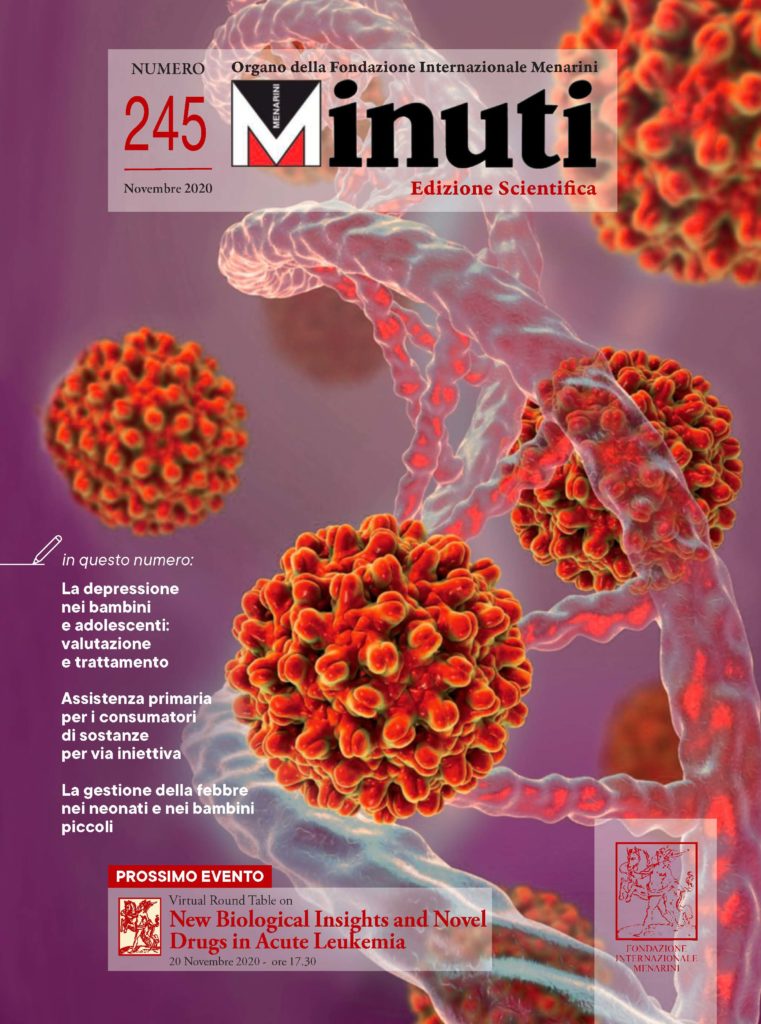
Frequent Headaches: Evaluation and Management
di Dr. Anne Walling • February 2022
Most frequent headaches are typically migraine or tension-type headaches and are often exacerbated by medication overuse. Repeated headaches can induce central sensitization and transformation to chronic headaches that are intractable, are difficult to treat, and cause significant morbidity and costs. A complete history is essential to identify the most likely headache type, indications of serious secondary headaches, and significant comorbidities. A headache diary can document headache frequency, symptoms, initiating and exacerbating conditions, and treatment response over time. Neurologic assessment and physical examination focused on the head and neck are indicated in all patients. Although rare, serious underlying conditions must be excluded by the patient history, screening tools such as SNNOOP10, neurologic and physical examinations, and targeted imaging and other assessments. Medication overuse headache should be suspected in patients with frequent headaches. Medication history should include nonprescription analgesics and substances, including opiates, that may be obtained from others. Patients who overuse opiates, barbiturates, or benzodiazepines require slow tapering and possibly inpatient treatment to prevent acute withdrawal. Patients who overuse other agents can usually withdraw more quickly. Evidence is mixed on the role of medications such as topiramate for patients with medication overuse headache. For the underlying headache, an individualized evidence-based management plan incorporating pharmacologic and nonpharmacologic strategies is necessary. Patients with frequent migraine, tension-type, and cluster headaches should be offered prophylactic therapy. A complete management plan includes addressing risk factors, headache triggers, and common comorbid conditions such as depression, anxiety, substance abuse, and chronic musculoskeletal pain syndromes that can impair treatment effectiveness. Regular scheduled follow-up is important to monitor progress.
Am Fam Physician. 2020; 101(7): 419-428. Copyright © 2020 American Academy of Family Physicians.)
Am Fam Physician. 2020; 101(7): 419-428. Copyright © 2020 American Academy of Family Physicians.)
Related Articles
Iniezioni ed infiltrazioni a mano e polso: Parte I. Dito a scatto, osteoartrite della prima articolazione carpometacarpale e fibromatosi palmare
di
Dr. George G. A. Pujalte, Dr. Rock Vomer, Dr. Neil Shah
February 2025
Highlights
di
Aaron Saguil, Matthew V. Fargo
∙
February 2021







